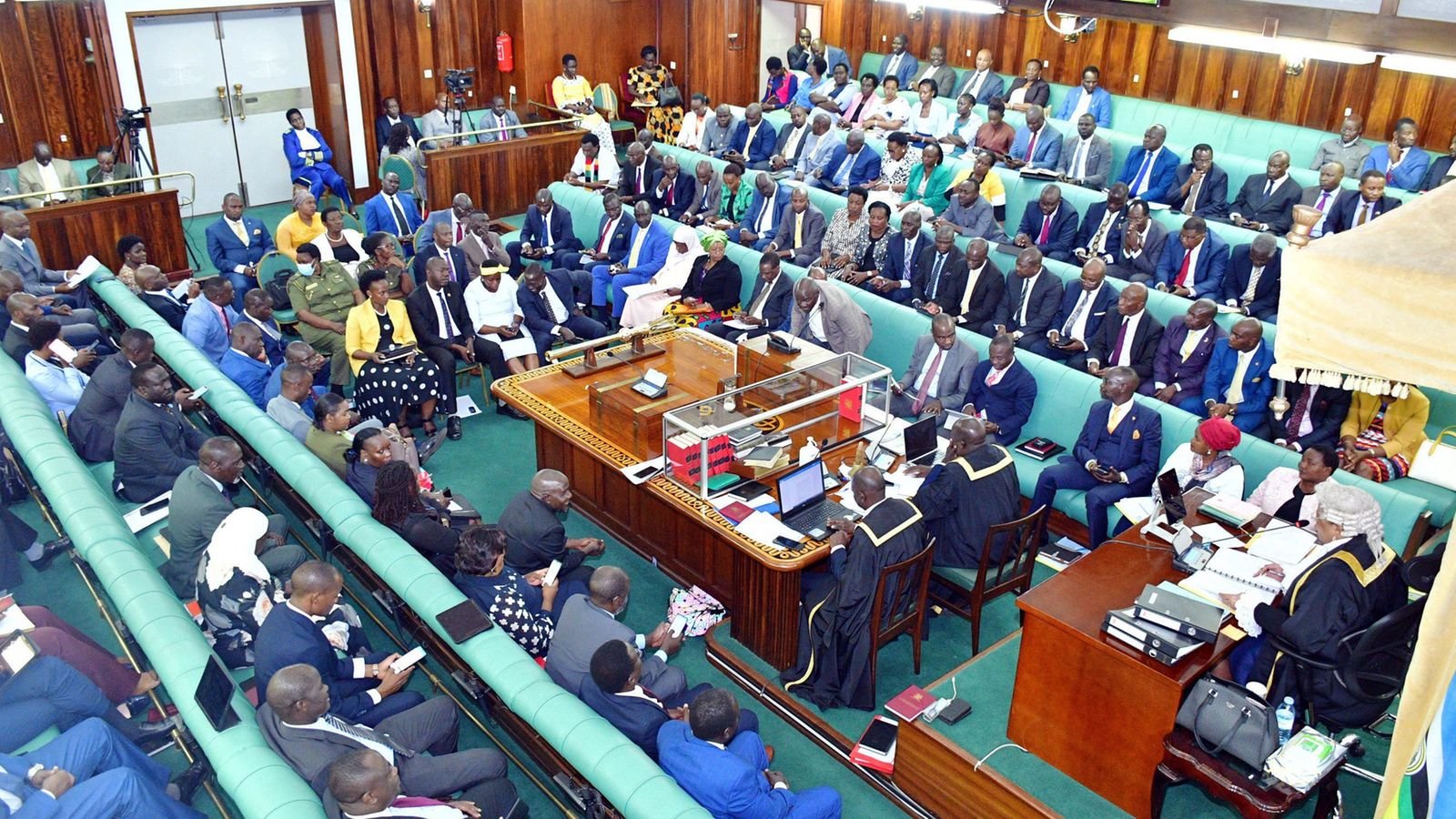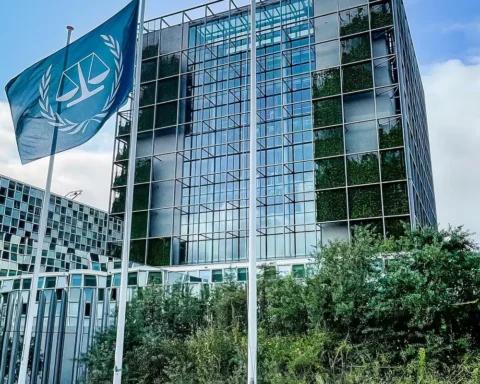Uganda’s Parliament has passed a controversial bill amending its military law to permit the trial of civilians in military courts, a decision that has sparked strong opposition and renewed concerns about the state of civil liberties in the country.
The legislation, passed on Tuesday, comes just months after the Supreme Court of Uganda ruled in January that trying civilians in military tribunals was unconstitutional. The court argued that such trials compromise the principles of fair and impartial justice, particularly in cases involving political opposition.
Despite this, the new amendment to the Uganda Peoples’ Defence Forces Act gives military courts fresh authority to try civilians accused of offenses deemed to threaten national security or support individuals under military law. The bill now awaits the signature of President Yoweri Museveni to become law.
Opposition Outrage
Opposition lawmakers and human rights organizations have condemned the move as a step backward for Uganda’s democratic processes. Legislator Jonathan Odur described the bill as “shallow, unreasonable, and unconstitutional.”
“There’s no legal foundation to justify trying civilians in a military court,” Odur said during a tense parliamentary debate.
Critics argue the law could be used to suppress dissent and target political opponents, especially in the lead-up to Uganda’s 2026 general elections. Human rights activists have long raised alarms over the use of military courts to intimidate and silence opposition voices.
Government’s Justification
Supporters of the bill argue it is a necessary tool to combat violent crime and maintain security. Muhoozi Kainerugaba, the commander of the Uganda People’s Defence Forces and son of President Museveni, celebrated the bill’s passage in a post on X (formerly Twitter).
“Today, you proved you are fearless patriots. Uganda will remember your courage and commitment,” he wrote.
Also Read; US-China Trade Talks Signal Possible Reset
Military spokesperson Chris Magezi said the amendment would help combat “armed violent criminals” and deter the emergence of militant political groups that could undermine Uganda’s democratic institutions.
A Return to Controversy
The use of military courts to try civilians has been a controversial issue in Uganda for over two decades. Rights groups, including Human Rights Watch, have consistently criticized the practice, calling it incompatible with international standards of justice.
A key example was the military trial of opposition leader Kizza Besigye, who was charged with treason and terrorism in the early 2000s. Following the Supreme Court’s January ruling, Besigye’s case was transferred to a civilian court.
Legal experts say that reinstating military jurisdiction over civilians could reignite fears of political persecution. “It erodes the separation of powers and sets a dangerous precedent for the rule of law,” one Kampala-based constitutional lawyer told local media.







